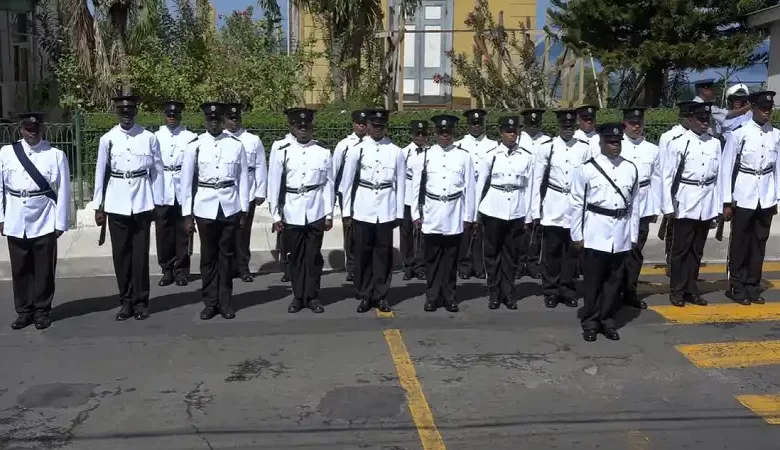Law Enforcement in Dominica

Law enforcement in Dominica is primarily overseen by the Commonwealth of Dominica Police Force (CDPF), which operates under the Ministry of National Security and Legal Affairs and is tasked with maintaining public safety, enforcing the law, and protecting residents and visitors. Established during the colonial era, the CDPF has evolved to address contemporary security needs while adhering to the principles enshrined in the island’s constitution and related legislation. With its headquarters in Roseau and outposts across Dominica, the CDPF ensures the safety and well-being of the nation through a multi-faceted approach to crime prevention and justice.
Legislative Framework Supporting Law Enforcement
The foundation of law enforcement in Dominica is rooted in various legislation governing public safety and justice. Key laws include the Police Act, which outlines the powers and responsibilities of police officers, and the Criminal Law and Procedure Act, which provides guidelines for criminal investigations and court proceedings. The Firearms Act, Drug Prevention and Misuse Act, and Money Laundering (Prevention) Act address specific areas of law enforcement, including firearm regulation, drug trafficking, and financial crime.
Dominica’s participation in international agreements, such as those under the Caribbean Community (CARICOM) and the Organization of Eastern Caribbean States (OECS), enhances its ability to combat cross-border crimes and align its legal framework with regional and global standards.
Structure and Operations of the Commonwealth of Dominica Police Force
The CDPF is structured into specialized units to address various issues. The Criminal Investigations Department (CID) handles serious crimes, while the Special Services Unit (SSU) addresses high-risk operations, including armed responses. The Coast Guard focuses on maritime security, patrolling Dominica’s waters to deter illegal fishing, drug trafficking, and unauthorized immigration.
Law enforcement efforts are supported by auxiliary units such as the Financial Intelligence Unit (FIU), which combats financial crimes, and the Customs & Excise Division, which is responsible for monitoring goods entering and leaving the island. These units collaborate closely to ensure a cohesive and efficient approach to maintaining security across Dominica.
Community Engagement and Crime Prevention
Community policing is a cornerstone of law enforcement in Dominica. Initiatives such as the Neighborhood Watch Program and anti-drug campaigns in schools strengthen the relationship between the police and citizens. Educational outreach programs, supported by local councils and community groups, aim to build trust and foster a proactive approach to crime prevention.
Regional and International Collaboration
Dominica participates in regional security initiatives through its CARICOM and the OECS membership. Collaboration with organizations like the Regional Security System (RSS) enhances the nation’s ability to address human trafficking, drug smuggling, and other transnational crimes. International partnerships provide resources and training opportunities to bolster the CDPF’s capabilities.
Challenges and Modernization Efforts
Despite its relatively low crime rate, Dominica faces limited resources, outdated infrastructure, and geographic barriers to rural areas. Modernization efforts include investments in forensic technology, advanced officer training programs, and improved communication systems to enhance response times.
Looking Towards the Future
Dominica’s law enforcement system is dynamic and evolving, grounded in robust legislative frameworks and supported by regional and international partnerships. Dominica’s law enforcement agencies continue to ensure public safety while adapting to emerging challenges by combining modern technology, community engagement, and strategic collaboration.




